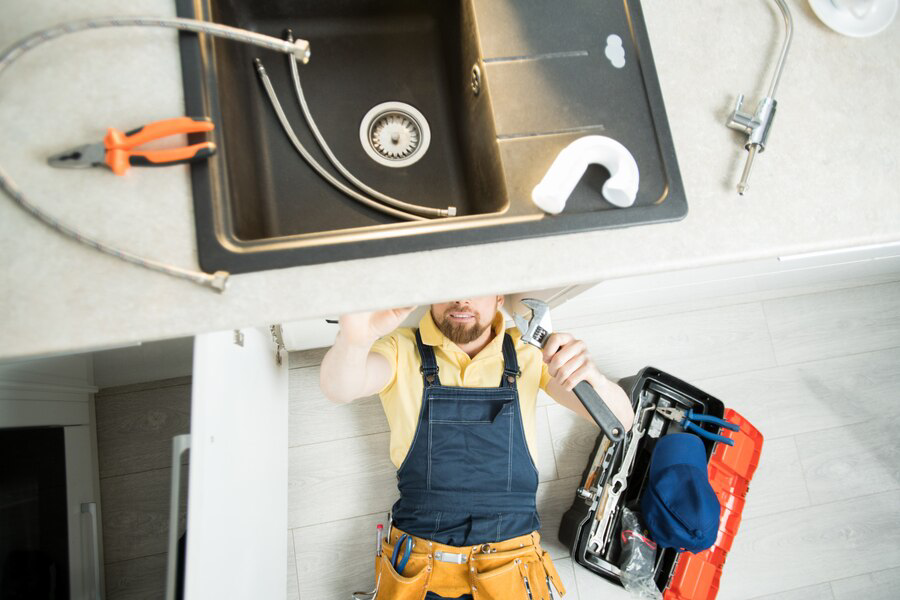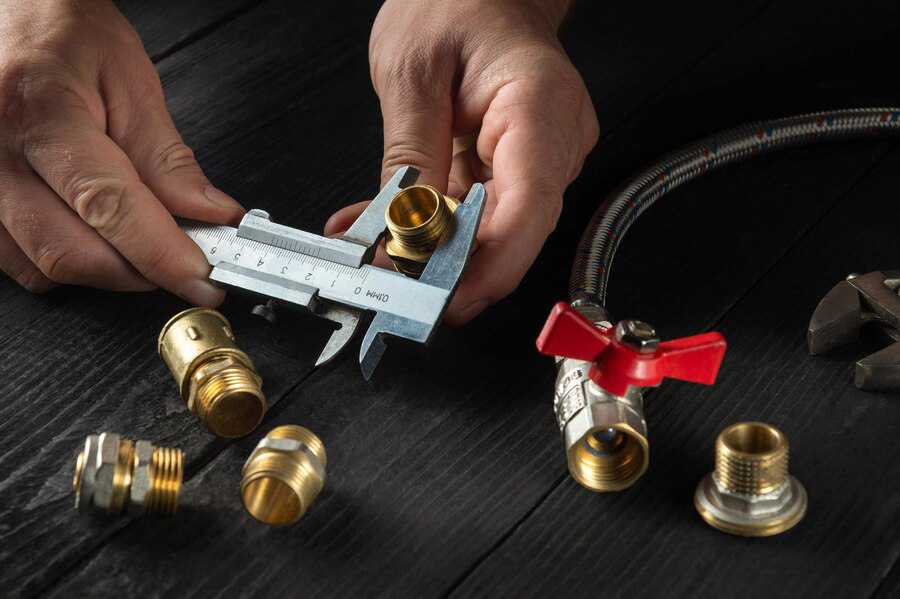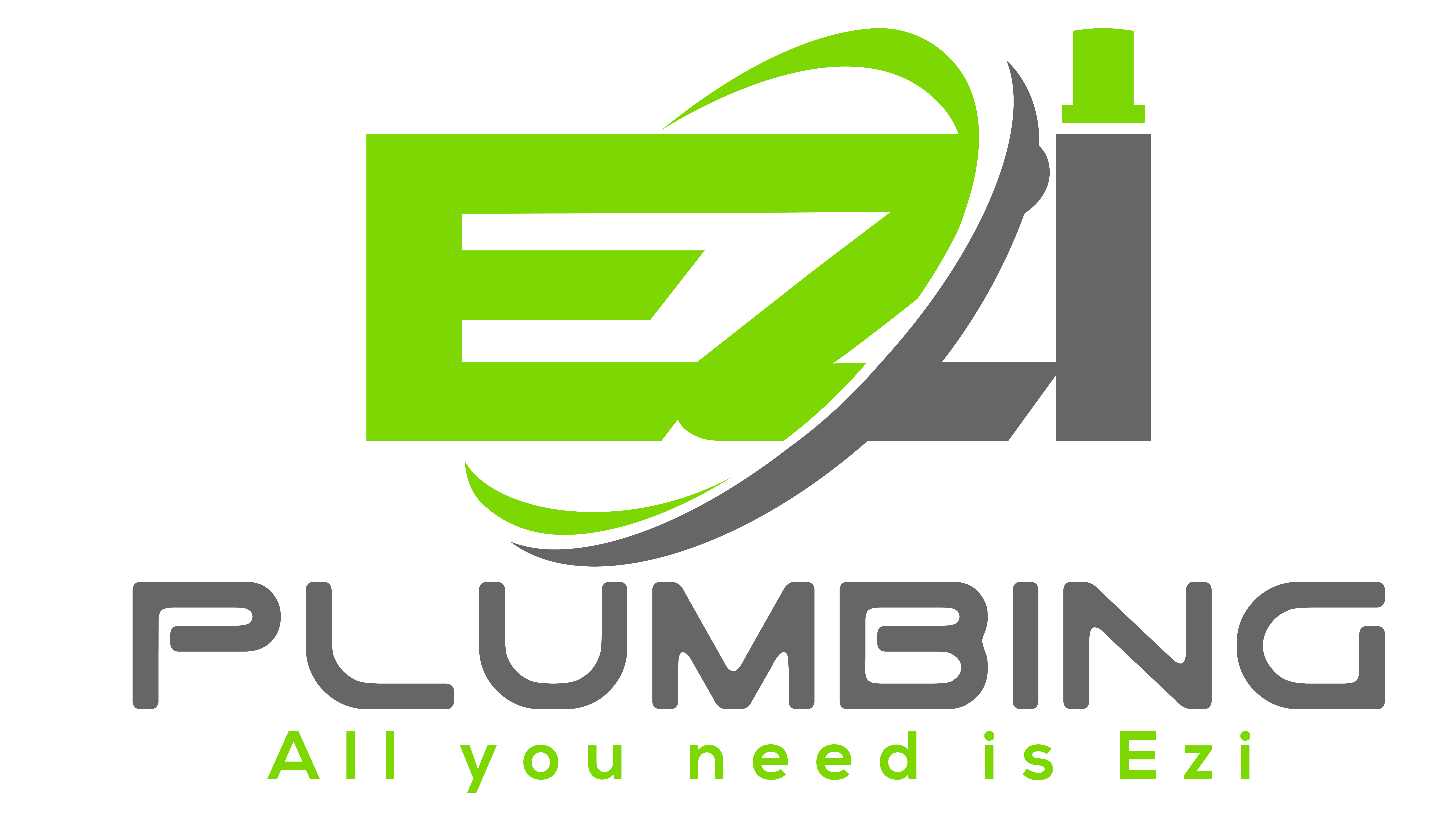In today’s world, do-it-yourself (DIY) projects have become increasingly popular, offering a sense of accomplishment and often saving money in the process. However, when it comes to plumbing, there are hidden dangers lurking beneath the surface that can turn a seemingly simple task into a costly disaster. In this blog post, we’ll delve into the reasons why attempting DIY plumbing repairs or installations can be risky business, and why it’s often best to leave these tasks to the experts. From potential water damage and mold growth to compromised structural integrity, the consequences of DIY plumbing mishaps can extend far beyond a leaky faucet or a clogged drain. While it may be tempting to tackle plumbing issues yourself, especially with the abundance of online tutorials and how-to guides, it’s crucial to recognize the complexities and nuances of plumbing systems. By understanding the hidden dangers involved, you’ll gain a newfound appreciation for the expertise and skill that professional plumbers bring to the table.
Water Damage Woes: The Hidden Risks of DIY Plumbing
Water damage is a homeowner’s nightmare, and DIY plumbing projects can quickly turn this fear into a reality. Here’s a closer look at the water damage woes associated with amateur plumbing attempts:

- Burst Pipes: Improper installation or repair of pipes can lead to leaks and, in severe cases, burst pipes. The sudden release of water can cause extensive damage to walls, floors, and belongings, requiring costly repairs and restoration.
- Poorly Sealed Connections: Inadequate sealing of plumbing connections can result in slow leaks that go unnoticed until significant damage has occurred. From dripping faucets to loose pipe joints, these minor issues can escalate into major water damage problems over time.
- Faulty Appliance Installations: Installing appliances such as dishwashers or washing machines incorrectly can lead to leaks that seep into floors and cabinets, causing structural damage and mold growth. DIY enthusiasts may overlook proper connections and drainage requirements, increasing the risk of water damage.
- Clogged Drains and Sewers: DIY attempts to clear clogged drains or sewers with chemical cleaners or improper tools can exacerbate the problem. Harsh chemicals may corrode pipes, while improper snaking techniques can damage sewer lines, resulting in backups and water damage within the home.
- DIY Waterproofing Mistakes: Waterproofing is essential in areas prone to moisture, such as bathrooms and basements. DIY waterproofing attempts often lack the expertise and quality materials necessary to provide adequate protection against water intrusion, leading to leaks, mold growth, and structural damage.
The Cost of Cutting Corners: Why DIY Plumbing Isn’t Worth the Risk
In the realm of home improvement, the allure of do-it-yourself (DIY) projects can be irresistible. From painting walls to assembling furniture, the satisfaction of completing tasks with your own two hands is undeniable. However, when it comes to plumbing, the stakes are higher, and the risks of DIY endeavors can far outweigh the benefits. In this article, we’ll delve into why cutting corners with DIY plumbing isn’t worth the potential consequences.
Financial Fallout
While DIY plumbing may seem like a cost-effective solution at first glance, the reality is often quite different. One small mistake during a DIY plumbing project can quickly escalate into a costly disaster. Whether it’s a botched pipe installation leading to water damage or an improperly sealed connection resulting in leaks, the financial repercussions of DIY errors can be significant. In contrast, investing in professional plumbing services may initially seem more expensive but can ultimately save homeowners money by avoiding costly repairs down the line.

Compromised Quality
Plumbing systems are complex networks of pipes, fixtures, and connections, all working together to ensure the proper flow of water and waste. Attempting DIY plumbing without the necessary expertise and experience can compromise the quality of the workmanship. Poorly executed installations or repairs may lead to recurring issues, such as leaks, clogs, or even structural damage to the home. In contrast, professional plumbers undergo extensive training and certification, ensuring that they have the skills and knowledge to deliver high-quality results that stand the test of time.
Safety Concerns
DIY plumbing carries inherent safety risks for both the homeowner and their property. Working with pressurized water systems, gas lines, or sewage can expose individuals to hazardous situations, including burns, cuts, or exposure to toxic substances. Additionally, improper plumbing installations or repairs can pose serious safety hazards, such as gas leaks or contaminated water supplies. By entrusting plumbing tasks to trained professionals, homeowners can mitigate these risks and ensure the safety of themselves and their families.
Legal and Regulatory Compliance
Plumbing work is subject to various building codes, regulations, and permits designed to safeguard public health and safety. DIY enthusiasts may not be aware of these requirements or may inadvertently violate them during their projects. Non-compliance with plumbing codes can result in fines, penalties, or even legal liabilities for homeowners. Professional plumbers are well-versed in local building codes and regulations, ensuring that their work meets the necessary standards and avoids any legal issues.
Peace of Mind
Perhaps the most significant advantage of hiring a professional plumber is the peace of mind it provides. Knowing that your plumbing system is in the hands of a trained and experienced expert can alleviate stress and uncertainty. Professional plumbers stand behind their workmanship with warranties and guarantees, giving homeowners reassurance that any issues will be promptly addressed at no additional cost.
Conclusion
While the allure of do-it-yourself plumbing projects may seem enticing, the hidden dangers far outweigh the potential benefits. As exemplified by EZI Plumbing in Chain Valley Bay, NSW, entrusting such tasks to experts is crucial for ensuring safety, efficiency, and long-term reliability. DIY attempts often lead to costly mistakes, safety hazards, and even exacerbation of existing issues. By relying on professionals like EZI Plumbing, individuals can avoid these pitfalls, benefiting from their expertise, specialized tools, and adherence to industry standards. Thus, it’s clear that when it comes to plumbing, leaving it to the experts is the wisest choice for homeowners in Australia and beyond.

